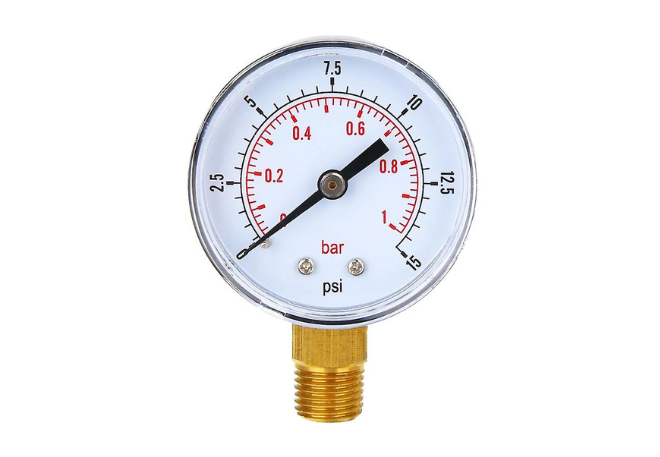What Are Potentiometers and How Can They Transform Your Electronics Projects?
Introduction:
Potentiometers, commonly referred to as pots, are a staple in the world of electronic components, crucial for controlling the level of electrical resistance in a circuit. Whether you're a hobbyist, a professional in the electronics field, or simply curious about how electronic devices control various functionalities like volume or brightness, understanding potentiometers is essential.
What is a Potentiometer?
Potentiometers are three-terminal resistors with a sliding or rotating contact that forms an adjustable voltage divider. If only two terminals are used, one end and the wiper, it acts as a variable resistor or rheostat.
Key Functions of Potentiometers in Electronics:
- Voltage Control: Adjust the output signal in a circuit, which can control the volume on audio equipment or intensity in lighting systems.
- Tuning and Calibration: Fine-tune and calibrate equipment, ensuring precise operation in various electronic applications.
Types of Potentiometers:
- Rotary Potentiometers: These are commonly used in audio equipment for volume control. They feature a round knob that can be turned to adjust resistance levels.
- Linear Potentiometers: Often found in laboratory instruments, these provide a straight-line control of resistance.
Understanding Variable Resistors:
Variable resistors or rheostats are similar to potentiometers in function but are optimised for higher current applications. They are typically used to control electrical devices, adjust lamp brightness, or set the speed of motors. Their resistance can be adjusted manually to control the flow of electric current in a circuit, making them invaluable in various applications.
Applications of Potentiometers:
- Consumer Electronics: Used in controlling volume on radios and televisions.
- Industrial Applications: Help in controlling processes that require precise adjustments of electrical parameters.
- Automotive: Adjust lighting in dashboards and control heat in seats.
Potentiometer Accessories:
To enhance the functionality and durability of potentiometers, various accessories are available:
- Knobs: Allow for easier adjustment of the rotary-type potentiometers.
- Dials: Provide precise control and clear visibility of settings.
- Mounting Hardware: Ensures secure installation in various devices.
How to Choose the Right Potentiometer:
When selecting a potentiometer for your project, consider the following:
- Resistance Value: Choose based on the current and voltage requirements of your circuit.
- Size and Form Factor: Ensure it fits within your design constraints.
- Material and Build Quality: Opt for high-quality materials for enhanced durability and performance.
Maintenance Tips for Potentiometers:
- Regular Cleaning: Keep the potentiometer free of dust and debris to ensure smooth operation.
- Check Connections: Loose connections can lead to inconsistent performance and should be tightened.
- Avoid Overturning: Do not rotate beyond the mechanical limits to prevent damage.
Conclusion:
Potentiometers are versatile components essential in various electronic circuits for adjusting and controlling performance. Whether you’re dealing with high-end audio equipment or simple home electronics, understanding how to use and maintain these components can significantly enhance your project's functionality. Remember to explore the full range of potentiometers and their accessories to find the perfect fit for your needs.




Comments
Post a Comment